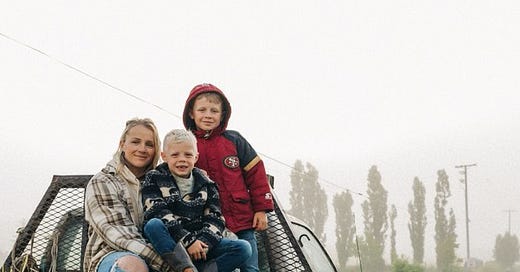California Voters Reject Nation's First Farm Ban, Farmers Reflect on the Fight
For Sonoma County farmers, the victory over Measure J is bittersweet. It was a battle they should never have had to fight.
Sonoma County voters have rejected the nation’s first farm ban and the results were not close—early returns show 85% opposed.
After months of being forced to defend their right to exist and continue producing food, farmers in the rural California county are left with mixed emotions. Measure J would have forced 21 animal farms to close, including the six…




